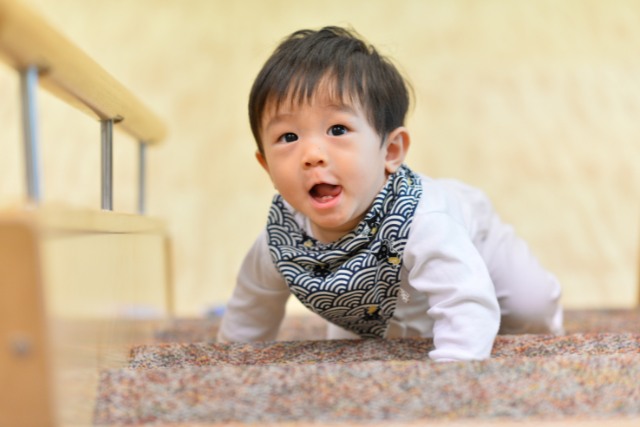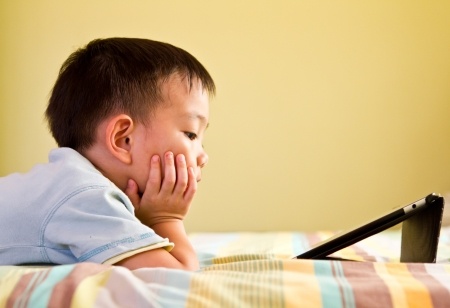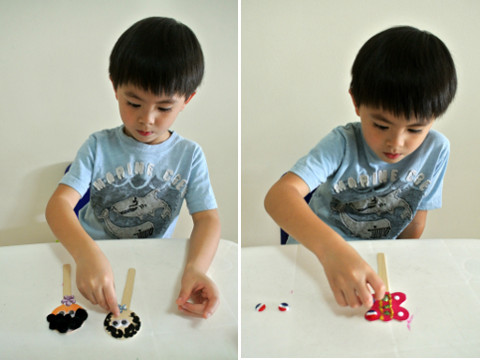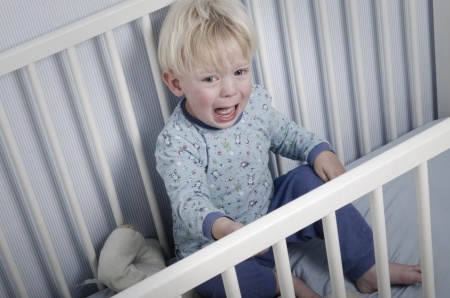Ending a marriage is often difficult. In my role as a family lawyer and mediator, I have witnessed a fair share of bitter battles. When children are involved, post-divorce child custody and parenting arrangements layer a level of further stress to parties.
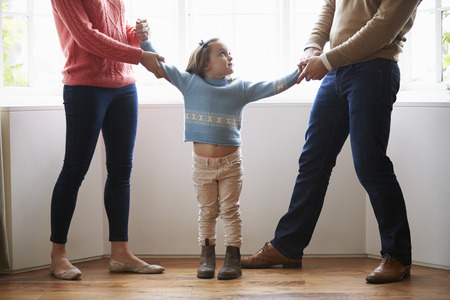
How does one help? It is easier said than done to ask that parties rise above their hurt and disappointment. But the need to restructure families to evolve into a new equilibrium is something I support, with the ultimate goal of parents securing a healthy, balanced environment for their children.
Co-parenting is possible; armed with respect, understanding and forgiveness.
What exactly is co-parenting?
Co-parenting is a state in which decoupled parents continue to have joint responsibility in raising their children. A child’s best interest is at the heart of co-parenting where both parents consciously and intentionally put aside personal differences to prioritise their child’s well-being and development.
A 2008 study by Ohio State University found that children who lived in unstable family environments after their parents’ divorce fared much worse as adults on a variety of levels compared to children who had stable post-divorce family situations.
Co-parenting, if well-executed, helps mend and solidify relationships. It not only benefits children but also helps separated parents regain an amicable relationship as they work together to parent their children. It is an express demonstration to children that their welfare comes first.
One of the common refrains I hear from divorcing parents is that co-parenting is “not workable”. It is never smooth sailing to communicate effectively after a relationship has broken down. Hurt, resentment and grief over the loss of the partnership are issues which need to be addressed so that healing can begin.
There is no magical way to make co-parenting work and the issues that plagued the marriage do not disappear overnight post-divorce. What can ease the process is a mutual understanding that children deserve to have both parents in their lives. Parties are encouraged to keep communication channels open and forgive past hurts. Consciously seek to get better; not bitter.
Be honest and find various ways to communicate your concerns, no matter how trivial
One tip is to view your relationship with your ex-spouse as a partnership that puts the needs of your children first. Be it discussions on school work, child expenses or schedules; start by communicating objectively. If face-to-face discussions cause tensions to escalate, try communicating over email or text messages.
Be flexible about co-parenting arrangements
Co-parenting does not mean the time you and your ex-spouse spend with your children is to be divided equally. A fair arrangement puts your children’s interests first and accommodates both parents’ time and schedules. If this means letting your child go to football practice with your ex-spouse, as they had done in the past, try to maintain the routine even if it may mean it cuts into your time. Do consider the impact of the schedule on your children and your children’s wishes before making a decision.
Remain flexible in adjusting the co-parenting schedule as the need arises. Take into account that life is not static. After divorce, stable families help minimise long-term harm to children.
Putting differences aside and teaming up for your children is attainable. The end of a marriage does not have to signal the demise of a family. Successful co-parenting demonstrates a unified front to all children that they are loved and cherished.
This article is contributed by Michelle Woodworth, a Partner at RHTLaw Taylor Wessing LLP, Court-appointed Child Representative, Senior Mediator under the Law Society Mediation Scheme, and an IMI and SIMI certified Mediator.
* * * * *
Like what you see here? Get parenting tips and stories straight to your inbox! Join our mailing list here.
Want to be heard 👂 and seen 👀 by over 100,000 parents in Singapore? We can help! Leave your contact here and we’ll be in touch.













